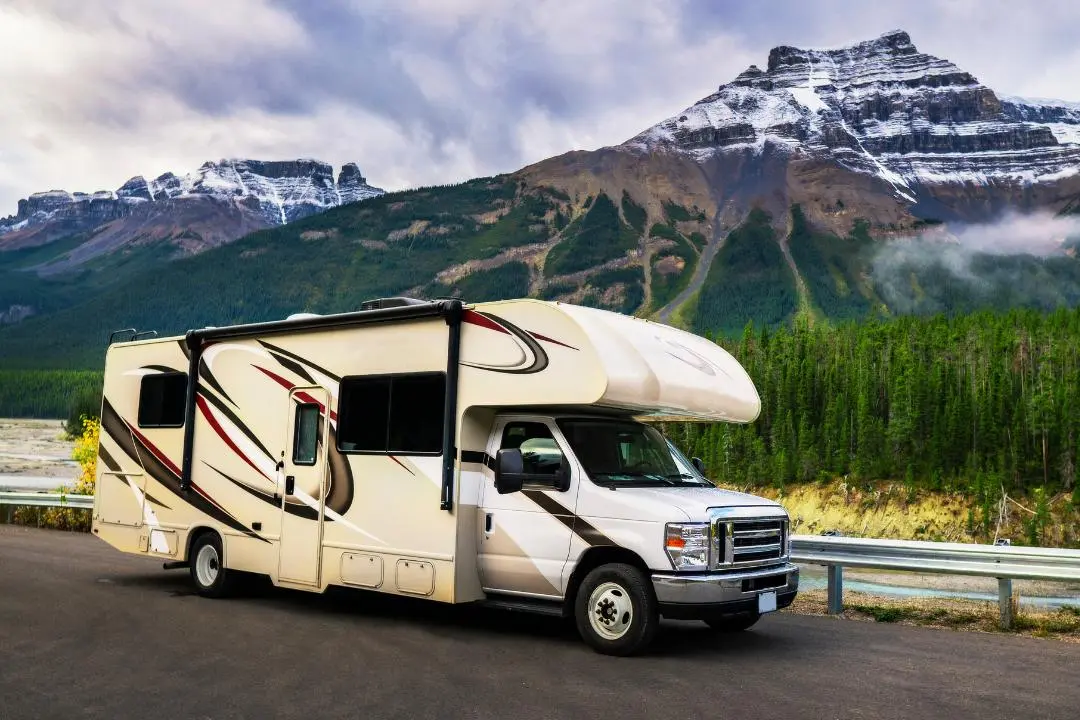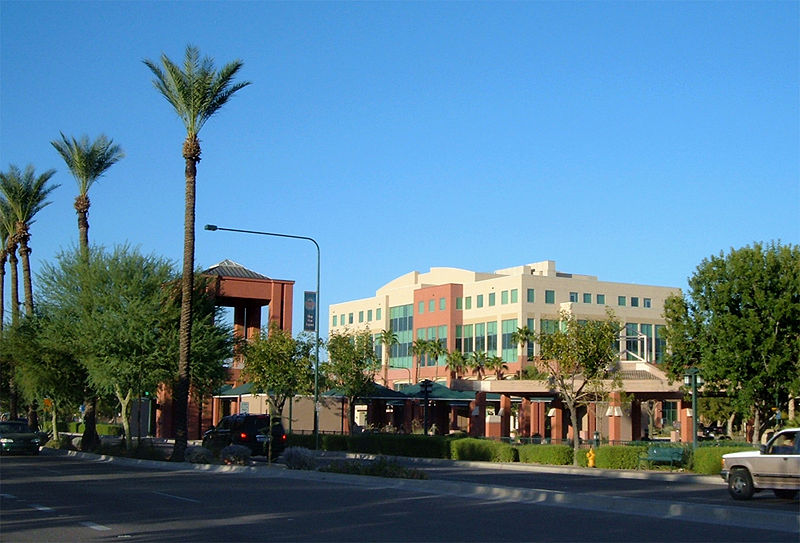The American Dream is no longer home with a white picket fence, a yard, 2.5 kids and a golden retriever. Things have changed dramatically in the last decade or so. Now, more and more Americans are considering a home where there is no lawn to be mowed, fence to be painted and no walking the dog or shuttling kids to school. Dog walkers and car-poolers may solve the last two problems, but not others. This is because most Americans do not have the time for or the inclination to take on these tasks anymore. Active lifestyles of empty nesters, baby boomers and seniors make them want to get the best out of their free time and maintaining gardens and homes is certainly not a fun-filled task! This is especially so if you are in the 55+ age group where home maintenance is certainly more of a chore than a joy. We find many baby boomers considering low maintenance or maintenance-free homes when moving into active adult communities for those very valid reasons.
Visit ActiveAdultLiving.com where you can find information on over 8,400 communities across America and Canada. Over 1,342 communities that offer low maintenance or maintenance-free lifestyles can be easily located by clicking here. You will find a great variety of 55+ age-restricted and/or active lifestyle condominium communities across the US with homes available for sale or rent. And we’re not just talking condominiums in the classic sense (such as high-rise or low-rise buildings with dozens to hundreds of homes) but also the new and very popular single-story ranch-style condominiums which may be a built-in duplex, triplex or quadplex buildings!
Many active adults tend to look for homes where they can lead a life of leisure. This does not include garden maintenance or shoveling snow in December. A life of leisure is one where these active adults can take part in various activities organized for them and enjoy their twilight years. It’s a “been there, done that” mentality for many active adults. They may have shoveled snow, mowed lawns, planted flowers, carpooled and walked dogs enough to last them a lifetime. Why should they consider doing this any longer when they have the option of moving into an active retirement community that offers them the ability to live a “resort lifestyle”? If you are searching for the low maintenance or maintenance-free easy living lifestyle, this is the right place to find it. There are many communities detailed here where you can live like a King or a Queen.
- Regency at Dominion Valley by Toll Brothers – Haymarket, VA
- Augusta Place at Laurel Creek – Rock Hill, SC
- Champions’ Club by McKee Builders – Magnolia, DE
- Chatfield Farms by EG Home – Beacon Falls, CT
- Chelsea at Arcona by Charter Homes & Neighborhoods – Mechanicsburg, PA
- Fox Hills Condominiums – Rockaway, NJ
- Greenbriar at Fox Ridge – Rockaway, NJ
- Heather Gardens – Aurora, CO
- Nolans Ridge – Mount Arlington, NJ
- Red Mill Village – Norton, MA
- RiverBend Estates – Oxford, CT
- Robson Ranch – Denton, TX
- The Village at Deaton Creek by Del Webb – Hoschton, GA
If you need information on any more maintenance-free, active adult communities, visit our website ActiveAdultLiving.com. All communities are categorized into lifestyle, price, and state to make your task of finding a home easier. You will be surprised at the number of maintenance-free communities you will find here. We invite you to Like us on ActiveAdultLiving Face book page as well as follow us on Twitter. Our Active Living Newsletter brings you exciting news each month and is e-circulated to over 30,000 subscribers. Subscribe for your own copy and all the latest news on new communities, launches, promotions, etc. will be in your hand, absolutely free.




